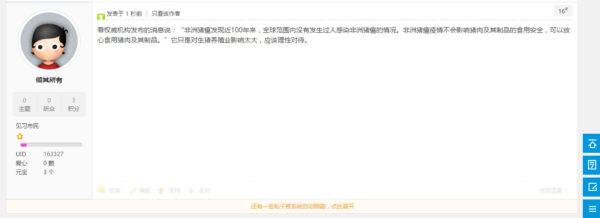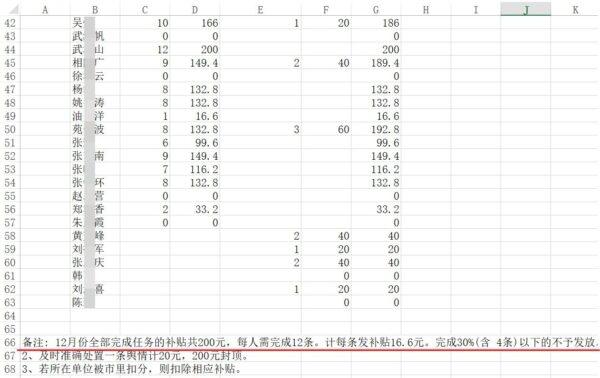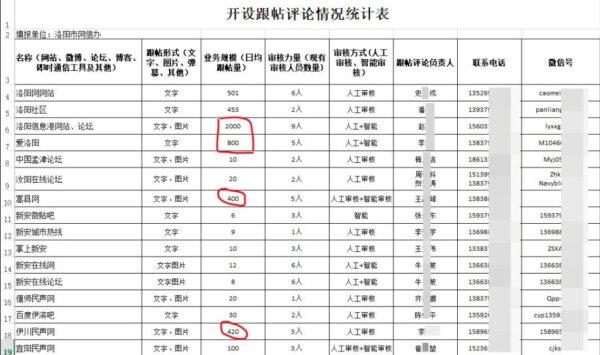Records from the Luoyang city division of the Cyberspace Administration—China’s chief internet censorship agency—that were leaked to The Epoch Times by a trusted source indicate that authorities hired online trolls to write social media posts praising the authorities. Luoyang is a city located in Henan Province.
Altering Public Opinion
In mid-February 2019, a food safety issue erupted concerning a Henan-based company, Sanquan Food, in which dumplings produced by the company were found to contain traces of the virus that causes African swine fever (ASF).Information about the contaminated dumplings quickly spread on Chinese social media platforms, forcing authorities to publicly acknowledge the issue. On Feb. 16, 2019, all online and physical grocery stores in China removed Sanquan dumplings from their shelves.
The Luoyang Cyberspace Administration alerted the city government that the hired online trolls sought to manipulate public opinion about the Sanquan product.
One troll with the online moniker “Qingqi Suoyou” posted: “Since the [world’s] first ASF outbreak about one hundred years ago, no human being was infected by the ASF virus. So, the ASF virus won’t affect pork products. You can eat the meat and related products.”

Another hired troll named “Ruguo” posted: “The ASF virus will be killed at high temperatures. You can eat [the dumplings] by cooking it completely.”
Others tried to downplay the news as a rumor. A hired troll with the online name “Qinghe” posted: “Don’t believe in the rumors and don’t spread the rumors. All large enterprises can trace the source of the raw materials that they used.”
Some tried to use the opportunity to praise authorities.
The troll “Kantaiyang” posted: “Our country always treats food safety as something very important. I believe the government will give our people an answer [about the virus’s source].”
“Hai’ai” posted: “We cannot doubt that China’s State Food and Drug Administration and Sanquan Food are proactive when facing the issue. The most important thing is solving the problem. We shouldn’t question things and should wait quietly.”
To date, local authorities and Sanquan Food haven’t yet explained the existence of the virus in the food products. Several weeks after the news first emerged, Sanquan quietly began to sell its dumplings again.

Censor Posts
The Luoyang Cyberspace Administration also reported its “achievements” to the city government in a set of documents dated Aug. 15, 2016.The administration explained that it categorized the different websites and online platforms it was monitoring into: “manual censor,” “automatic censor,” and “manual + automatic censor” groups.

In the first category, internet censors would manually review all posts on relatively active and large platforms and websites.
“Automatic” censoring would be conducted on small-sized websites and less active social media platforms, such as Yiyang Online, a platform for people living in Yiyang county, Luoyang city. The administration would use artificial intelligence (AI) technology to filter and monitor posts.
For mid-sized websites and social media platforms, the administration would use a combination of “manual + automatic” censoring: posts would mainly be filtered by AI technology, but hired censors will monitor posts to make sure no “harmful information” is published.
The hired censors are required to work around the clock and maintain a database of censored posts, the documents stated.





